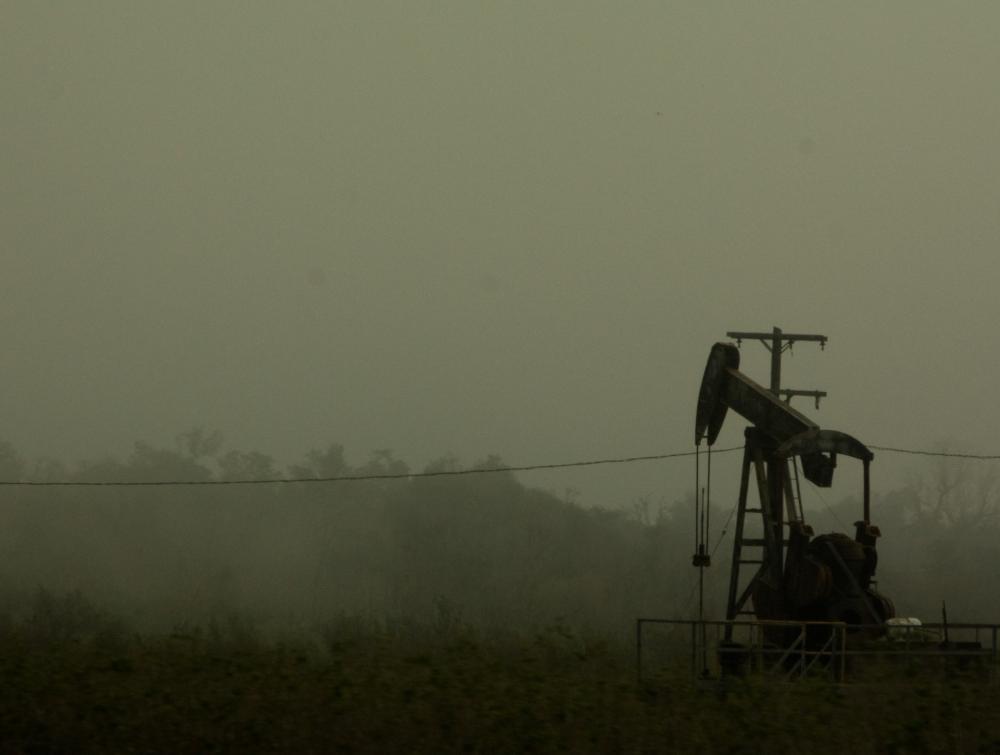Biden admin appeals injunction of oil and gas leasing pause

Drilling.
M1kha, flickr.
Jamie Williams, President of The Wilderness Society, applauds admin's appeal, commitment to fixing broken oil and gas system, but frustration over resumed leasing
The Biden administration just announced that it is appealing the June federal Louisiana Western District Court decision that ordered a nationwide preliminary injunction of the pause on new oil and gas leasing on federal lands and waters. The pause and a review of the federal oil and gas program is intended to bring the program and public lands management into alignment with the administration’s climate goals.
Advocates for climate action have argued that the Louisiana ruling was deeply flawed and legally indefensible, emphasizing that the law does not require the government to run public lands and waters for the sole benefit of the oil and gas industry.
The following statement is from Jamie Williams, President of The Wilderness Society in response to this announcement:
“Appealing this decision shows that the Biden administration is committed to tackling the devastating impacts of the broken federal oil and gas program, but in the wake of the most recent IPCC report it is concerning that oil and gas leasing will resume and we hope DOI will introduce needed reforms to the oil and gas program ASAP,” said Jamie Williams, President of The Wilderness Society. “We fully support the Interior Department setting a course for reducing carbon emissions from our federal public lands in line with the nation’s climate commitments. Especially for communities suffering far too long under the heel of fossil fuel pollution, fighting this battle is the right decision for our climate and the right decision for our country.”
The IPCC report released last week concluded that “essentially the rise in global average temperatures since the 19th century has been driven by humans burning fossil fuels, clearing forest and loading the atmosphere with greenhouse gases like carbon dioxide and methane that trap heat.” It also stated that if governments take immediate and drastic action to cut such emissions, we may be able to still stabilize the climate at 1.5 degrees Celsius of warming compared to preindustrial levels. In the United States, federal lands and waters have an important role to play.
Oil, gas and coal extracted from public lands and waters account for roughly 25 percent of the United States annual greenhouse gas emissions – A big contribution considering the US is the second-largest emitter of greenhouse gases globally. Phasing out fossil fuel development from public lands could reduce that contribution to less than 7 percent by 2030.
CONTACT:
- Alex Thompson, Senior Communications Manager, The Wilderness Society, (860) 416-0564, alex_thompson@tws.org
